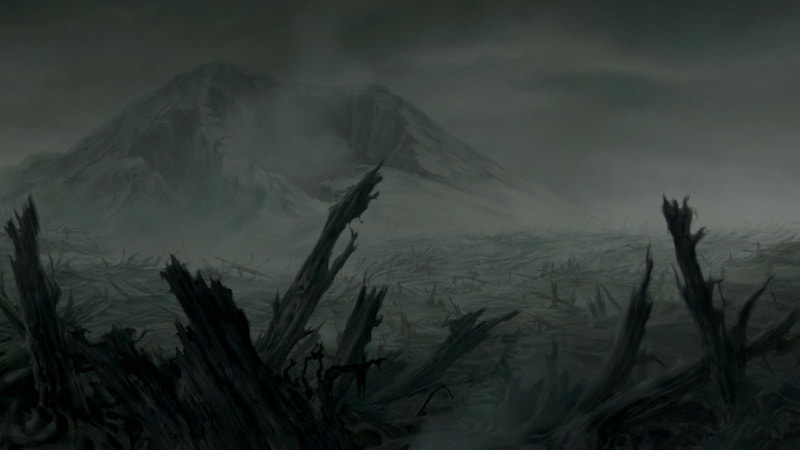Welcome to The Queue — your daily distraction of curated video content sourced from across the web. Today, we’re watching a video essay that looks at climate change movies.
There are some corners of the movie store that require a hazmat suit. Not because they’re especially gory or graphic. But because exposure runs the risk of striking an especially tender nerve. I’ve maintained, particularly in the wake of the COVID-19 pandemic, that 1970s sci-fi should be approached with such caution. To say that 1970s science fiction isn’t hopeful about humanity’s future is putting it lightly.
Sci-fi in the 1970s was a charred and toxic landscape of our own creation; a galaxy of sick planets choking from pollution, war, pestilence, and all the symptoms of the human disease that make headlines to this day. It’s a cinematic vision of environmental collapse: the polluted farmlands of No Blade of Grass (1970); the intergalactic Noah’s Ark of Silent Running (1972); the self-cannibalizing society of Soylent Green (1973).
As the video essay below posits, the grim nihilism of 1970s sci-fi is one expression of a larger genre: cli-fi, a.k.a. climate fiction. From older retroactive visions of an imagined future to modern tropes (hero scientist dads) to more comedic to take the apocalyptic edge off, cli-fi is a varied genre whose concern with human futures comes in many forms. Check out the following video essay for a brief introduction to the ever-evolving genre of climate change movies:
Watch “Climate Fictions, Dystopias and Human Futures”:
Who made this?
This video essay on Cli-fi and Ecocinema is by Julia Leyda and Kathleen Loock. Leyda, alongside Susanne Leikam, wrote a marvelous 2017 bibliography titled Cli-Fi in American Studies: A Research Bibliography, which you should totally check out if any of this sparked your interest. The bibliography includes things like Dan Bloom’s “To Fight Climate Change, We Need Beter Movies” and Adam Flynn’s “Solarpunk: Notes Toward a Manifesto.”
More videos like this
- One of the most interesting cinematic visualizations of a post-climate change future I’ve seen recently was Wade, an animated video short.
- While some films intentionally depict the world’s relationship with climate change … other films have the opposite experience. Sometimes climate change infiltrates movies whether we want it to or not. Case and point: this excellent video essay on how pollution is changing the film industry in India.
- And finally, here’s Karsten Runquist with a video essay on how Paul Schrader’s First Reformed captured the darkness that defined the 2010s.

